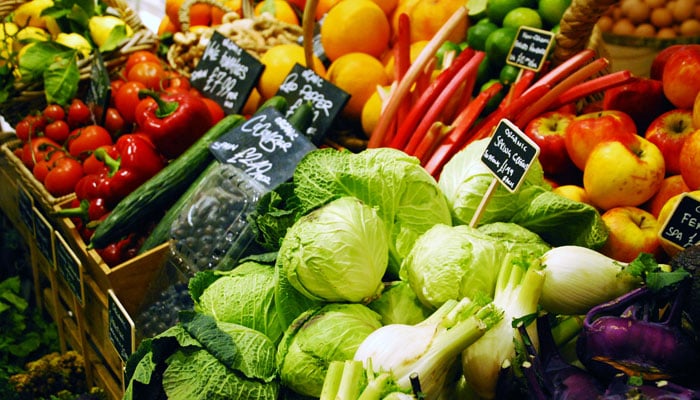In a week filled with intriguing health revelations, a recent study published in BMJ Nutrition Prevention and Health has caught attention by suggesting that individuals adhering to a plant-based or vegetarian diet may have a 39% lower risk of contracting COVID-19 compared to those with a meat-inclusive diet, Yahoo News reported.
This discovery adds a new dimension to the ongoing debate on the impact of dietary choices on immune system resilience.
Additionally, research shedding light on the prevalence of Nano plastics in plastic water bottles, the influence of news sources on awareness of false information, and a UK study examining how social cues affect food preferences have collectively provided fresh insights into various facets of health.
Let’s delve into the key findings from this week’s health updates.”
1) Plant-based eaters have a lower risk of contracting the virus than others
A study published this week in the journal of BMJ Nutrition Prevention and Health discovered that people who follow a plant-based or a vegetarian diet have a 39% lower chance of contracting COVID-19 as compared to people whose diet includes meat.
2) Plastic water bottles have way more Nano plastics than we think
A study published in the journal Proceedings of the National Academy of Sciences revealed that there are 10 to 100 times greater amounts of Nano plastics than previously estimated in bottled water. These Nano plastics are unseen to the naked eye which is why people do not realize the adversities of what they are consuming.
3) The source of your news affects your awareness of false information.
According to Penn State Research, while reading on mobile phones as opposed to computers, people are less mindful of false information.
Health is impacted by misinformation as well. Previous research has indicated that those who are exposed to false information on the internet may be more susceptible to eating disorders.
4) Watching others be disgusted by broccoli might make you feel disgusted too
The findings of a recent U.K. study that investigated how young women’s preferences for and desires to consume raw broccoli are influenced by the way other people express their distaste for the food highlighted the impact of Negative expressions on food taste.
Watching others eat broccoli with a disgusted expression affected women’s perception of broccoli too.
What this means is that the food preferences of people around you may impact your food taste.







